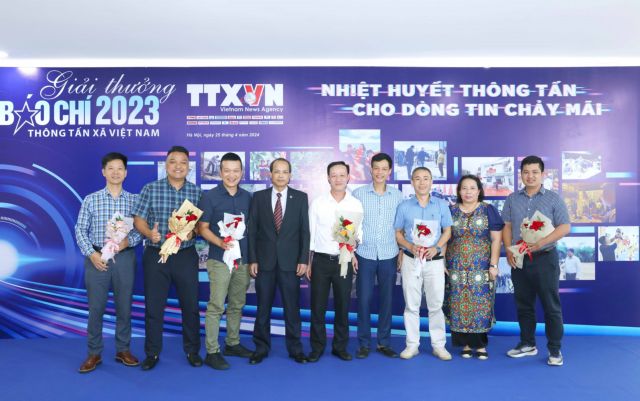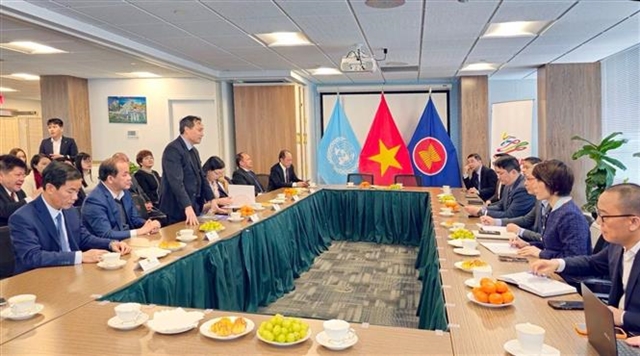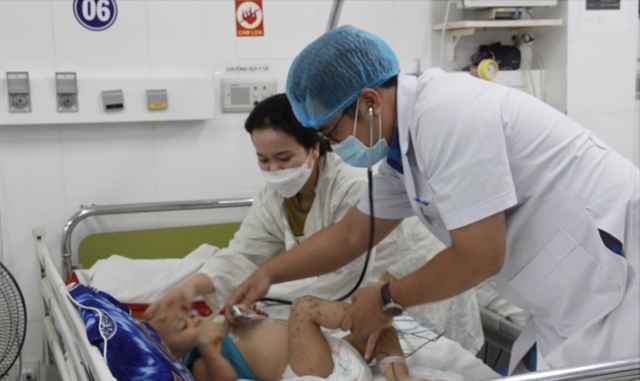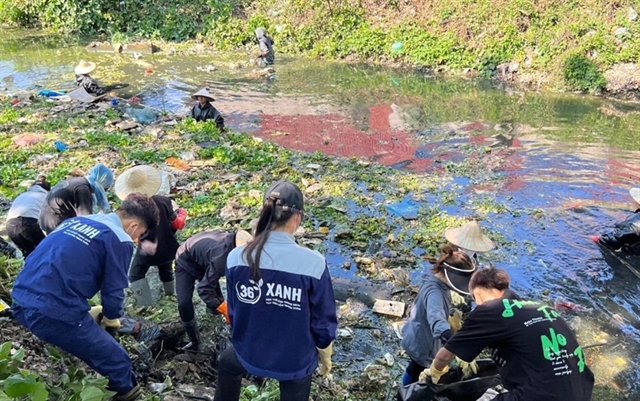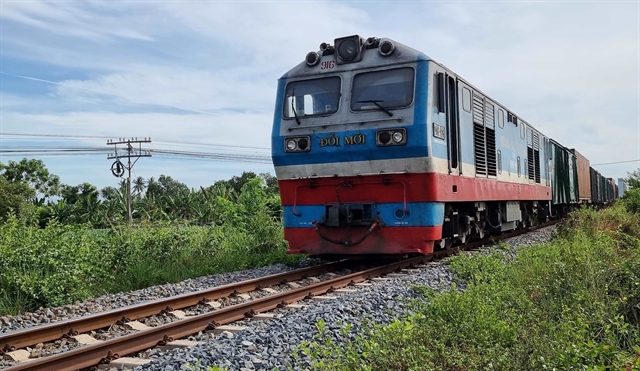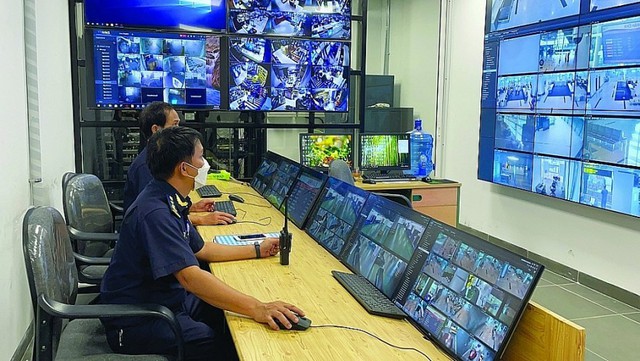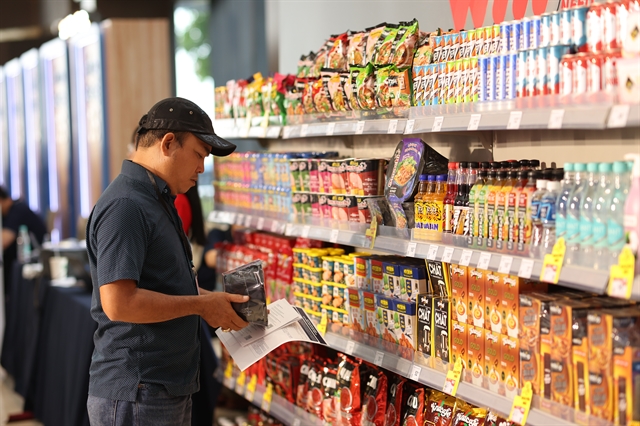 Economy
Economy

The Australian Government, through its Aus4Vietnam investment – Aus4Skills, on December 14 launched the pilot Logistics Industry Reference Council to promote industry linkages with vocational education and training in partnership with its Vietnamese counterpart.
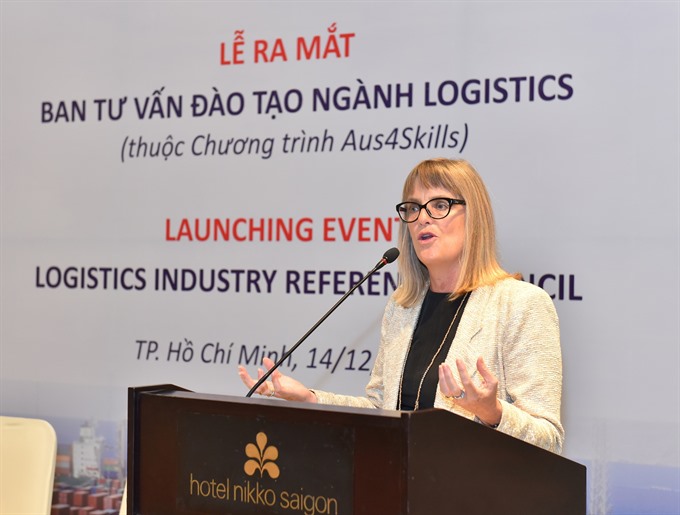 |
| Karen Lanyon, the Australian consul general in HCM City, speaks at the opening of the pilot Logistics Industry Reference Council in HCM City on December 14. — VNS Photo |
HCM CITY — The Australian Government, through its Aus4Vietnam investment – Aus4Skills, on December 14 launched the pilot Logistics Industry Reference Council to promote industry linkages with vocational education and training in partnership with its Vietnamese counterpart.
The council aims to draw on the example of Australia’s vocational education and training system and adapt it to Việt Nam’s context with stronger engagement with the business community.
Karen Lanyon, the Australian consul general in HCM City, said: “Australia is recognised as the world’s leader in industry-led vocational education.”
Australia is happy to share its expertise to help Việt Nam develop a system that would increase its productivity and support its economic growth, she said.
Its system, developed over a number of decades, is underpinned by a national framework of skills standards developed through a process of consultation with industry, and this ensures training standards are of a high quality and meet the workforce development needs of industry, enterprises and individuals, she added.
Nguyễn Hồng Minh, head of the General Directorate of Vocational Training, said Việt Nam’s logistics sector is facing a shortage of quality human resources and needs co-operation in training between the Government, universities, businesses and business groups.
In 2017-20 the country needs around 20,000 people a year with skills including English, and the number is expected to surge to 200,000 by 2030.
Only 22 schools out of a total of more than 1,000 universities, vocational schools and logistics training establishments offer logistics training, and they produce 1,500-2,000 graduates a year, he said.
Nguyễn Văn Lâm, deputy director of the city Department of Labour, Invalids and Social Affairs, said the city has a total of 74 large and small ports that handle more than 350,000 tonnes of goods a year.
There are nearly 400,000 people working in the logistics sector in the city, and re-training them in addition to training new workers is necessary, he said.
Therefore, the Aus4Skills project -- which will run until 2020 -- is very important for developing skilled human resources for the logistics sector, he said.
In 2018-20, HCM City plans to focus on developing human resources for this sector by using teachers trained under the Aus4Skills project, he said.
According to World Bank rankings, Việt Nam is 64th out of 160 countries in the world and fourth in ASEAN behind Singapore, Malaysia and Thailand in logistics development.
With average growth of 16-20 per cent a year, logistics has been a steadily growing service in Việt Nam in the past few years. — VNS


